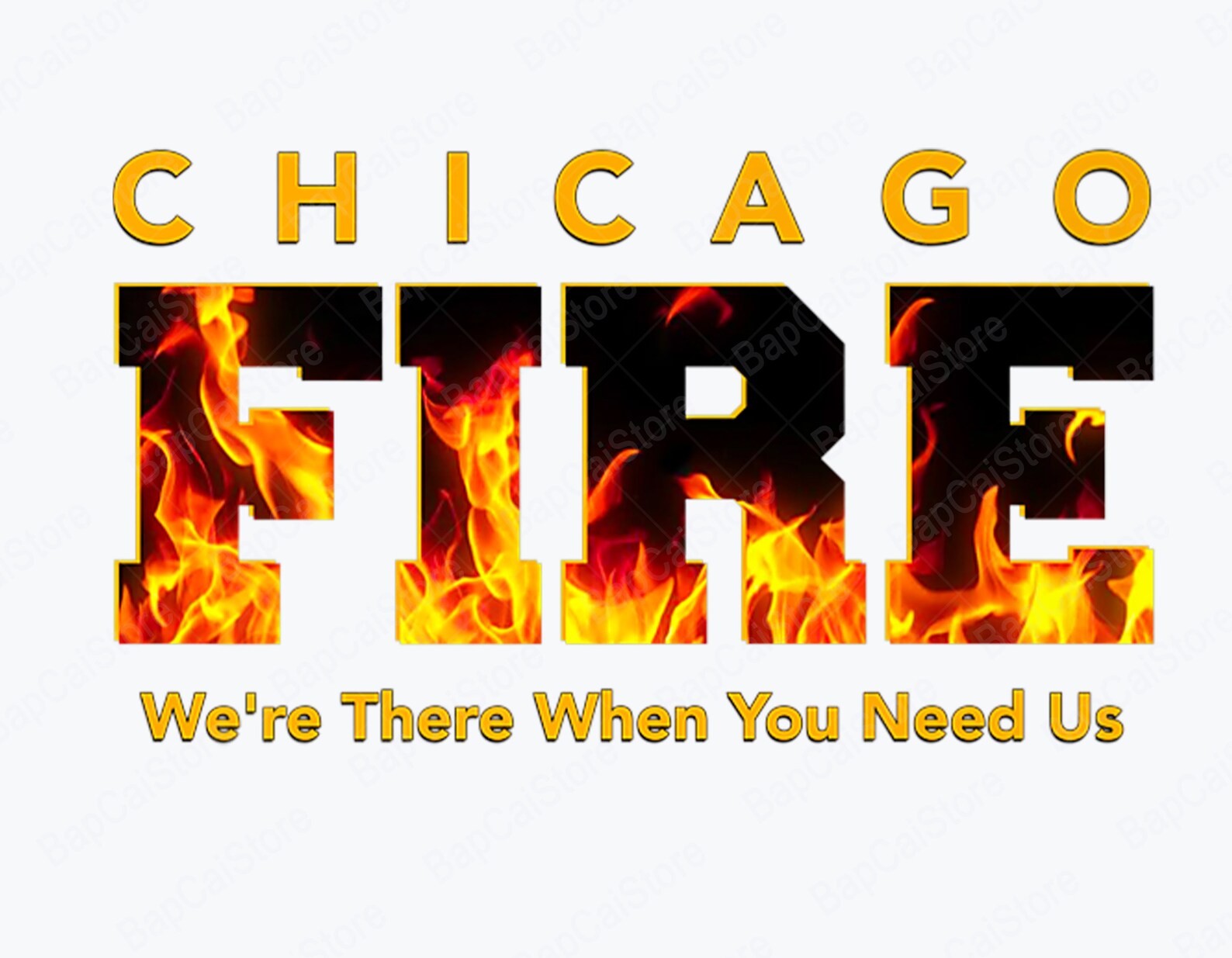

You do not want to be called a Jake here. But, what it means (here in Detroit) is that you are a terrible firefighter. I have read several definitions and they're all different. I have no idea where it actually comes from. That was always the question asked by the oncoming crew: "Who has the tip?" 6. When you had the nozzle, you had the tip. I haven't heard this used much in Detroit, but we used it at my old department. Or to take it a step further, the person taking the pipe (refer to #3) into the fire to extinguish it. Pipeman is usually the person on the engine. This term seems to be used only by inner-city firefighters. And it is usually said in some sort of cool accent. "Went to four jobs last night." This means they went to four working fires. This seems to be more of an East Coast thing, although I've heard it used occasionally around here. It means my company responded to three fires and stretched our lines on said fires.

We stretched three times last night." It doesn't mean we woke up three times to stretch our legs. So for example, when we pull up to a house fire, we'd say, "Engine 30 stretchin' on a two-flat going throughout." Or when we tell someone about our night: "I'm beat. In Detroit, when we get a working fire, we tell central that we are stretchin' on whatever it is we are going to work on. Ellement of the Globe staff contributed to this report.Firefighters stretchin' the pipe on a job. Others social media users captured crowds of people waiting outside for shuttle buses to arrive. The disabled car sat with its lights off and doors open. Riders posted photos as they filed out of the smoky station. “Day is off to a banner start with my MBTA red line train filling up with smoke and being decommissioned at Central station, which was consequently also filled with smoke,” one passenger tweeted. On social media, some passengers described being evacuated from the train. “We have to continue to demand the transit system we deserve.” “It’s just another day of the MBTA disaster,” said Connolly, who lives near the station. State Representative Mike Connolly, a Cambridge Democrat, said he walked to the T station after he saw a tweet reporting a large number of fire engines in the neighborhood.Ĭommuters took the setback in stride, he said in a phone interview. Passengers at Central station cover their mouths as smoke fills the train platform. She waited for about 15 minutes to catch a shuttle bus to go to work. The crowd stood in the smoke for several minutes before they were eventually led outside by MBTA staff, Thomson said. Inside the station, people began putting on masks. “When we got to Central, they evacuated us, but the whole station was filled with smoke.” “The train was getting slower and slower as we went down the Red Line,” Thomson, a scientist, said in a phone interview. She also heard a loud thrumming noise as the car inched along the tracks. on its first trip of the day, Pesaturo said.Įlise Thomson, 28, got on the Red Line at Porter station and immediately noticed an acrid smell, similar to burning rubber, she said. The train left Braintree station at 6:53 a.m. The train that broke down is part of a fleet of Red Line cars built between 19, the agency said. The cause of the mechanical problem is under investigation, Pesaturo said.

Regular subway service resumed at about 11:30 a.m., he said. The MBTA suspended Red Line service between Harvard station and Park Street in Boston and moved riders onto shuttle buses, according to Joe Pesaturo, a T spokesman.

Red Line T riders pack a Central Station platform after a train is taken out of service because of a mechanical issue.


 0 kommentar(er)
0 kommentar(er)
